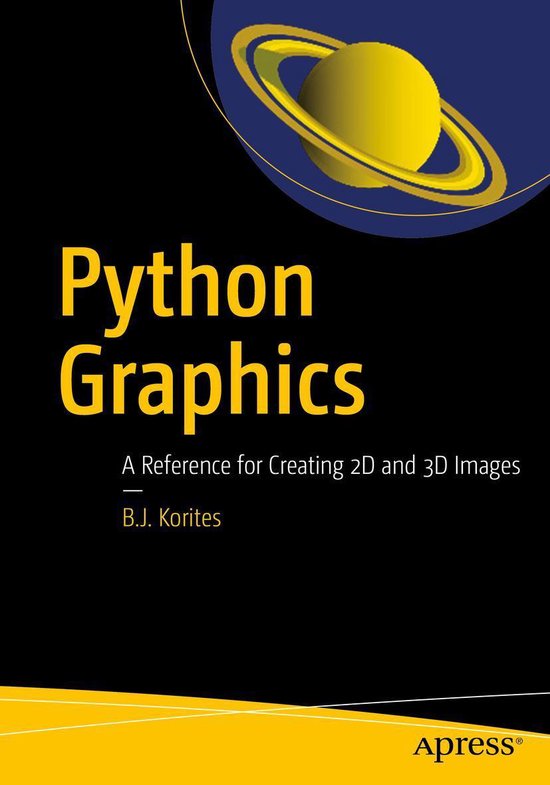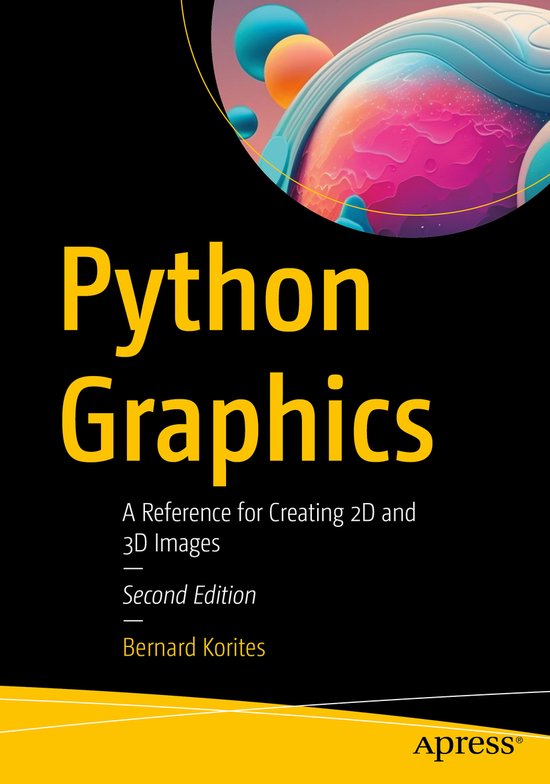
Python Graphics
This book will show you how to use Python to create graphic objects for technical illustrations and data visualization.
Often, the function you need to produce the image you want cannot be found in a standard Python library. Knowing how to create your own graphics will free you from the chore of looking for a function that may not exist or be difficult to use. This book will give you the tools to eliminate that process and create and customize your own graphics to satisfy your own unique requirements.
Using basic geometry and trigonometry, you will learn how to create math models of 2D and 3D shapes. Using Python, you will then learn how to project these objects onto the screen of your monitor, translate and rotate them in 2D and 3D, remove hidden lines, add shading, view in perspective, view intersections between surfaces, and display shadows cast from one object onto another.
You will also learn how to visualize and analyze 2D and 3D data sets, fit lines, splines and functions.
The final chapter includes demonstrations from quantum mechanics, astronomy and climate science.
Includes Python programs written in a clear and open style with detailed explanation of the code.
What You Will Learn
- How to create math and Python models of 2D and 3D shapes.
- How to rotate, view in perspective, shade, remove hidden lines, display projected shadows, and more.
- How to analyze and display data sets as curves and surfaces, fit lines and functions.
Who This Book Is For
Python developers, scientists, engineers, and students using Python to produce technical illustrations, display and analyze data sets. Assumes familiarity with vectors, matrices, geometry and trigonometry.
| Auteur | | Bernard Korites |
| Taal | | Engels |
| Type | | E-book |
| Categorie | | Computers & Informatica |
